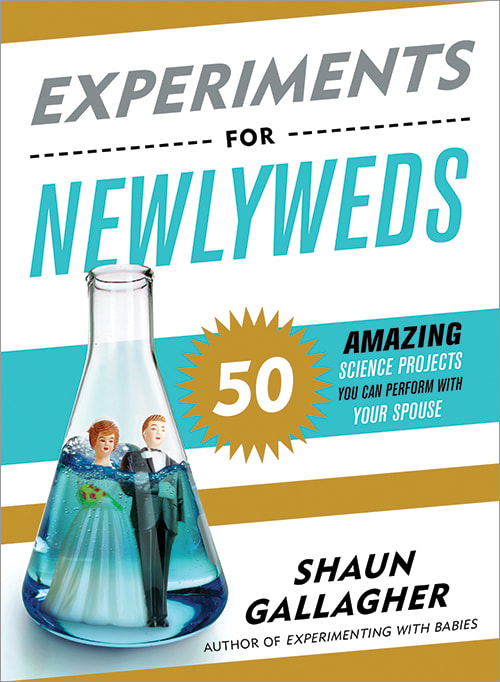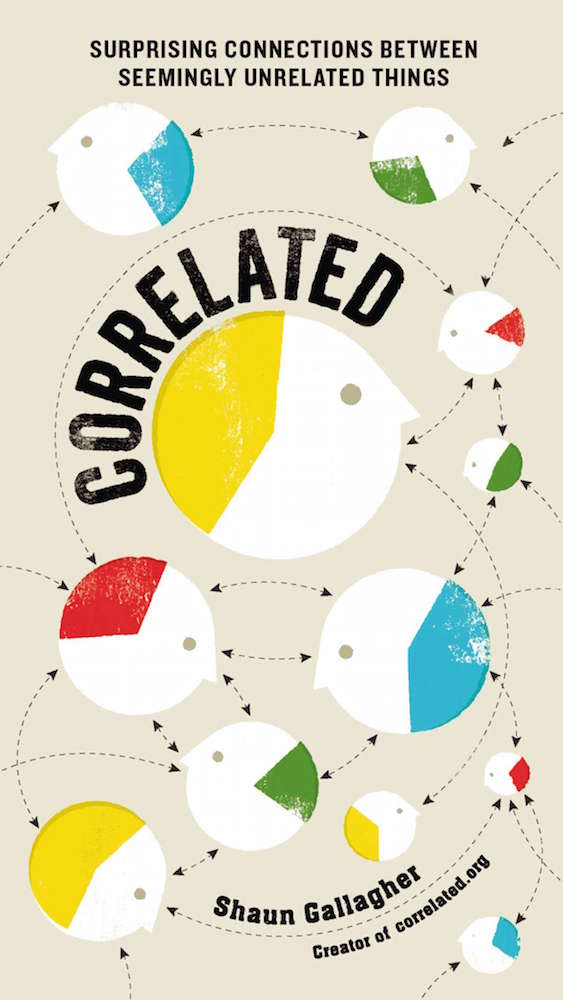Some software engineering managers swear by a tool called a Manager README.
It takes a concept already familiar to most developers — the README file —
but instead of describing how to work with a particular codebase, the Manager README describes how to work with a particular manager.
Just as a standard README file will orient you and cover the basics, but is no substitute for becoming familiar with the codebase itself,
a Manager README is not intended as a substitute for actual engagement between a manager and their reports. Rather, it's supposed to serve
as a starting point, and a place of reference to which both the manager and their reports can refer back when needed.
The benefits of a README
Why convey this information in a README rather than delivering it verbally during an introductory 1:1? Isn't the latter a more personable approach?
Many managers who use READMEs do, in fact, deliver the same information during a 1:1 meeting. Some will pull up the document and walk through it
during an intro meeting with new hires, while others will communicate essentially the same content, but in a more conversational way.
But a benefit of also sharing the content in written form is that it's a persistent document, so both the manager and reports can return to it later.
It also helps ensure that all of their reports have equal access to the same information.
Proponents of the Manager README emphasize that it shouldn't substitute for personal interaction or be viewed as primarily a time-saving device,
because regardless of how well written it is, a README is not going to establish a relationship. The manager still has to put in the effort.
But it can help guide the conversation and serve as a tool that promotes accountability.
Potential problems
When composed thoughtfully and used prudently, a Manager README can contribute to the onboarding process and serve as a continuing
touchstone as a manager and their reports grow in their working relationship.
But is a README file really the best metaphor to use here?
Normally, when a developer encounters a README file, it's presented as a one-way flow of solidified information.
And if you look at some examples of Manager READMEs disseminated online, you'll notice that many of them have a similar vibe:
This is who I am. Here's how I prefer to do things. Here's how to work with me. Here's how to deal with my idiosycrasies.
There is a seed of empathy here, insofar as the authors seem to understand that establishing a working relationship with a new
manager can be difficult, and they want to make it less difficult.
But describing things in terms of "Here are my preferences" and "Here's how to deal with me" is a passive-aggressive form
of empathy. The implicit message is that, in the words of Popeye, "I yam what I yam" — and it's you who needs to
conform your approach to me, not the other way around. But because I yam such a considerate manager, I've provided you
with a guide that teaches you how to do it.
Nevermind the power asymmetry here. Is that really a good way to kick off any relationship, personal or professional?
Some managers may object and say I'm criticizing a straw-man version of the tool, one that's written by someone who
doesn't fully understand its purpose.
But I'd argue this is a fundamental problem with any version of a Manager README. You might not intend for your
reports to interpret your document as a way for you to hint at whose preferences matter most in this working relationship.
But if you're the one filling out their performance evaluations, you can bet it will cross their mind.
Searching for a better metaphor
Is there any other concept familiar to most programmers that is similar to a README but avoids some of these issues?
One possibility is a WIP PR — a work-in-progress pull request. Developers who use git for version control create
pull requests (aka merge requests) when they're ready to have their code reviewed. But sometimes it can be useful to solicit
early feedback while the code is still a work in progress, with the understanding that things are still in flux,
not set in stone.
Whereas a README implies a one-way flow of solidified information, a WIP PR implies a collaborative, evolving document
for which the manager is soliciting feedback. Using this metaphor connotes a kick-off of a conversation, rather than
the conferral of a handbook.
Another potential metaphor is a working agreement. While these documents are typically used by software teams to
establish norms and expectations by mutual consent, there's no reason a manager and each of his or her direct reports
couldn't have their own version of a working agreement. The "agreement" part is key. The less unilateral it feels,
the better.
How might these other metaphors work in practice? The whole point of a README is that it's a static text file that can
easily be passed around, such as in a welcome email for new hires. What would you do to emulate a WIP PR? Post something
on GitHub and solicit comments? And how would you put together a working agreement if you don't know who you'll be
working with?
One possibility, which I'll borrow from the world of marriage prep, is for both manager and report to complete a
questionnaire about common preferences and expectations — how you each like getting feedback, what expectations
you each have about a manager's role, and what working styles you each have — and then meet to go over your
answers together.
Does such a questionnaire cover essentially the same topics as in a Manager README? Yes. But notice how a format like
this puts the manager and their report on roughly equal footing. No one's preferences are pre-empted by the other
person's, because you're both revealing them at the same time.
Frankly, the best managers likely take it a step further and acknowledge that not only should their preferences and
foibles not take precedence (as with a Manager README), but they shouldn't even be on equal footing. A great manager
should invest the time to learn about each of the people who report to them and what management approach brings out
the best in them, then personalize their approach for each report.
For instance, what do I, as a manager, think about 1:1s? A Manager README might tell you. But what do you,
as the person I manage, think about 1:1s? That's the much more important consideration.
Proceed with caution
I hope you'll consider some of the alternate metaphors and approaches I've just described in lieu of a Manager README.
But because of their popularity, I wouldn't expect them to die out any time soon, and some engineering organizations
may require their managers to compose a README. If you don't have the liberty to use a different tool, then at least
you can take a different approach with the tool.
First, write a Manager README in the traditional form, detailing the duties of your role, your work preferences,
management philosophy, personality quirks, and values. This can be a great exercise in introspection.
Now file that version away in a desk drawer. If it's helpful, reflect on it from time to time.
But don't share it with anybody who reports to you.
Instead, create a new version that is not presented as a user manual or anything focused on you.
Instead, it should focus on the reader, the person you'll be managing. Ideally, the content should be
almost exclusively interrogative rather than declarative. What are their working preferences
and values? What motivates them? What do they appreciate in a manager?
Ultimately, while it's important for your reports to understand who you are, it's even more important that you
understand who they are — and by prioritizing the gathering of that information, you're putting into
action a management competency that your reports will derive more benefits than from a user manual.



